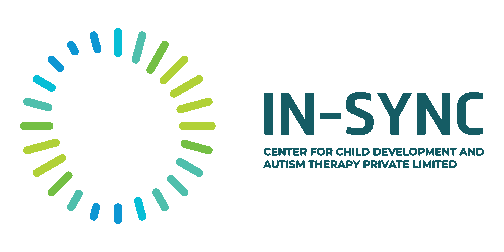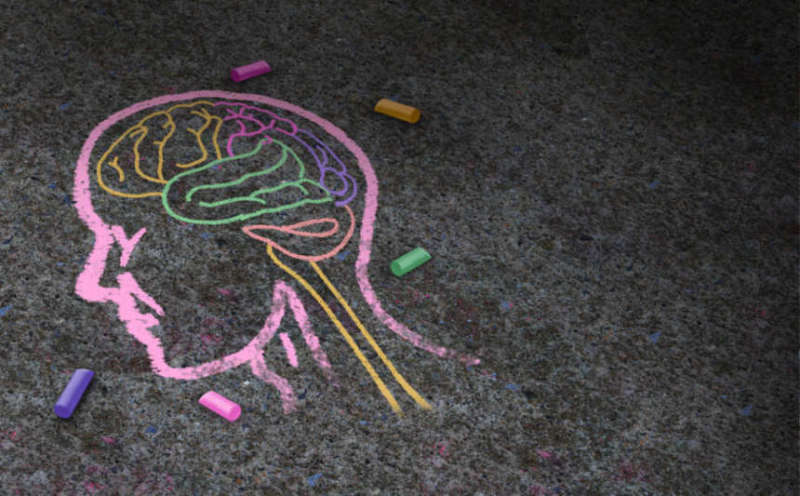Why do we do something? Because we think about the possibilities of the action and form judgment on what we feel is right. This is known as using your intellect and is something that comes naturally to most people. We don’t even seem to give this too much thought, the majority of the time it happens subconsciously. However, not everybody has this capability. Some children need help for them to challenge their intellect and form judgment. When this occurs, the child suffers from Intellectual Development Disorder.
Intellectual Development Disorder or IDD, is a disorder that affects a child’s reasoning skills, making it difficult for him to perform tasks like planning, reasoning, abstract thinking, judgment, academic and experiential learning. Having IDD prevents children from developing their social, emotional and academic skills at levels that are standard for other kids their age.
The best way to look at IDD is to see its effects on the human body. IDD usually affects the following:
Sensory System –
These relate to the issues one faces regarding the brain not getting adequate signals from the child’s senses, including sound, taste, touch, smell, and sight. Children who are diagnosed with IDD can also be on the autism spectrum if the disorder affects their sensory system. For example, children get triggered by specific sounds or don’t like to be held by others. They may have problems with their eyesight and require glasses at a young age.
Nervous System –
This mainly concerns the intellectual and learning capabilities of the child. Our brain is connected to the rest of our body with nerves. Sometimes, the signals sent by the body to the brain are not fully processed, leading to problems such as speech difficulties, seizures and movement difficulties, and behavioral disorders. Children with IDD can furthermore have problems like Cerebral Palsy, Autism, Down syndrome, etc.
Degenerative –
At times, a child can be born healthy and later on develop a disability. Degenerative disorders kick in a few years after birth, and they might begin to lose function after hitting adolescence or even puberty. This happens because of IDD.
Metabolism –

Metabolism is the process by which our body uses food and energy for growth and development. For some children, too much of one thing, or too little of another causes issues with their overall brain and body function. Phenylketonuria (PKU) and Congenital Hypothyroidism are examples of metabolic conditions that can lead to IDDs.
Signs of Intellectual Development Disorder
The best way to know whether a child has a learning issue is by looking at the typical milestones children their age reach. Children with IDD are comparatively slow learners. They have trouble doing everyday tasks, including movement, speech and language, and cognitive thinking. Children with IDD usually start ‘acting out’ too. They may start becoming moody, not like things being said to them and may even show signs of rebelling.
What You Can Do To Help

Early Intervention is the key to helping your child overcome all his issues. Therapeutic programs are designed to enhance the developmental competence of children and to prevent or minimize further developmental delays.


Add Comment